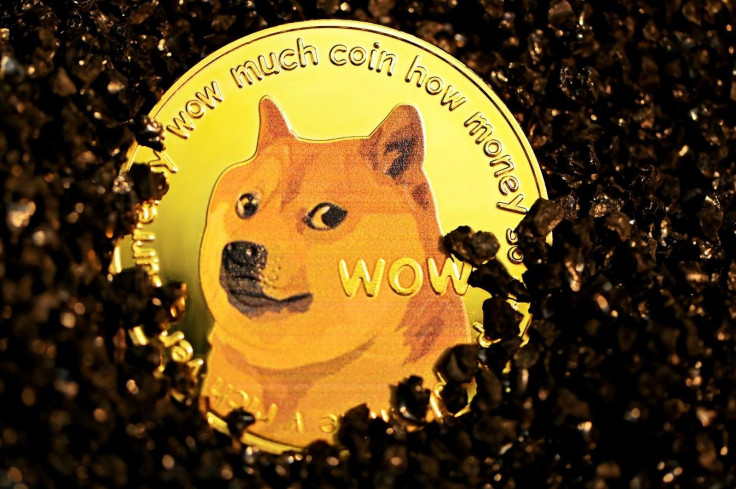This Is How Robinhood CEO Thinks Doge Will Become The 'Currency Of The Internet'
KEY POINTS
- Transacation fees should be vanishingly small
- Block time should be faster, approx 10 seconds
- Vladimir Tenev compared Doge with Visa
Robinhood CEO Vladimir Tenev believes that meme cryptocurrency Dogecoin could become the "currency of the Internet and people."
In a series of tweets last week, Tenev highlighted the potential of Dogecoin in becoming the future cryptocurrency.
Can #Doge truly be the future currency of the Internet and the people? As we added the ability to send/receive DOGE on Robinhood, I’ve been thinking about what that would take.
— VLAD (@vladtenev) April 14, 2022
He said the transactions fees to facilitate crypto transaction has to be “vanishingly small.”
“As of last November’s 1.14.5 update, (Doge's) typical transaction fees have been $0.003— which you can experience on compared to the 1 to 3 per cent network fees that major card networks charge,” Tenev said in a tweet, before moving on to Dogecoin's advantage in terms of block time, the time required to mine a block and verify a transaction.
“Block time should be fast enough that the transaction can be recorded in the next block in less time than it takes to pay at a point of sale terminal. But it shouldn’t be so fast that miners start building up too many competing chains and waste excessive amounts of energy establishing consensus,” the tweet read.
Noting that Dogecoin's current block time is 1 minute, Tenev said that it is a bit on the long side for payments, adding, "a ten second block time would be more appropriate as it would be less than the typical time spent completing a debit card transaction."
The Robinhood CEO compared Dogecoin and Visa transaction speeds. He said that with a 1MB block size and 1 minute block time, Dogecoin’s throughput is about 40 transactions per second (tps), compared to Visa’s network which can theoretically handle 65,000 tps.
“Doge would need to be able to significantly outperform Visa, which entails increasing throughput by at least 10000x. Fortunately, this is easy to solve simply by increasing the block size limit,” he said.
Noting that Dogecoin is often criticized calling it inflationary and for its infinite supply as opposed to Bitcoin’s finite supply of 21 million coins, Tenev said: “5 billion new Doge are created every year, and the current supply is about 132 billion. This results in a current inflation rate of less than 5 per cent – less than USD!”
"Dogecoin core devs, I would focus on one thing: coming up with a good process for increasing the block size limit over time. Let me know what you all think!" he concluded.
Dogecoin was down 6.26% at $0.135 as of 4.07 a.m. ET, CoinMarketCap data showed. The global market cap also slid 4.07% to $1.80 trillion.

© Copyright IBTimes 2024. All rights reserved.




















